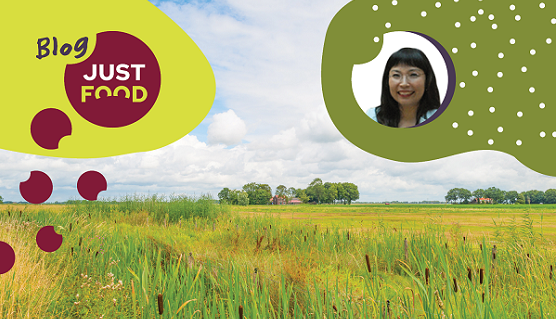
© stock.adobe.com
Currently, there are no explicit policy measures or actions in Finland for addressing the substantial greenhouse gas emissions from agricultural peatlands. There is a necessity to identify and define incentives from both the public and private sectors to remove peatlands from food production, and thus reducing greenhouse gas emissions from agriculture.
More than half of the greenhouse gas emissions from Finnish agriculture is from the cultivation of organic soils, but the share of organic soils is only 11% of the cultivated land area in Finland. Therefore, agriculture is a contributing force to climate change due to unsustainable changes in land use with the usage of organic soils (peatlands) for food production in Finland.
A workable set of different measures rather one-size-fits-all policy measures
From the viewpoint of food production, no new land area is needed in Finland. The utmost important way to deter greenhouse gas emissions from peatlands is to avoid the clearance of peatlands for new agricultural fields. An effective and economically efficient measure would be imposing a land clearance fee. Among farmers, land clearing is perceived as a normal way of developing a farm. Land clearing is an obvious solution that comes to mind for farmers when they are faced with the dilemma of acquiring more land, besides land purchase or leasing. Land clearing has a strong and ongoing cultural tradition in Finland. Therefore, a high fee for land clearance could deter the incentive to obtain new agricultural fields from peatlands.
"There is a need to identify a workable set of different measures rather than focusing on just one solution to reduce greenhouse gas emissions from agricultural peatlands, hence avoiding one-size-fits-all policy measures."
Multi-functional solutions and angles are essential to support actions for sustainable management of peatlands in the effort to reduce greenhouse gas emissions from agriculture. Changing land management practices or stopping cultivation on peatlands would rapidly reduce greenhouse gas emissions from Finnish agriculture.
Paying subsidies for sustainable use and management of agricultural peatlands could be a future policy measure. Another way to avoid cultivation on peatlands could be encouraging farmers who have fields with organic soils to exchange these fields with fields containing mineral soils, including buying agricultural peatlands from farmers, via public or private initiatives.
Farmers are not only the caretakers of food supply but also the nation’s land managers
Policymakers could also devise approaches that allow the creation of cultural and social capital within farming communities rather than simply compensating for economic capital lost. There are two possible ways of accounting for cultural capital in policy creation: either through the development of measures for cultural capital that enable its incorporation into contemporary policies or through a major revision to the way in constructing and applying the agri-environmental as well as climate policies.
"It is culturally embedded in farmers that they are the caretakers of the nation’s food supply, but there is a need to create a new culture that farmers are also the nation’s land managers, who are able to reduce greenhouse gas emissions from agricultural peatlands."
Both public and private initiatives should be created to support farmers and local communities who are going through the difficult transition to a low-carbon society. Further research is needed to study the cultural aspect when designing new policy measures. In addition, more research is needed to breech the measurement uncertainties and inconsistencies related to the role of organic soils in the attempt to improve the accounting of greenhouse gas emissions from agricultural peatlands.
Transformative and system-wide change is needed
Interventions that account for local, regional, and national perspectives should be co-created among the interdisciplinary researchers and transdisciplinary actors in the food system to generate transformative and system-wide change in the transition towards a low-carbon society.
The food system approach and dialogues to identify the points of friction can engage stakeholders together in defining the different angles and problems in the effort to find the multi-functional solutions.
Future research needs not only an iterative process, but also a deliberative process with the aim to involve the public and local communities together with the most affected stakeholders in a practical, meaningful, and effective way for a shared understanding and decision-making in using agricultural peatlands for food production as well as the urgent need to mitigate climate change by reducing greenhouse emissions.
Ellen Huan-Niemi, Senior Scientist, Natural Research Institute Finland (Luke)
More information:
Huan-Niemi, E., Huttunen, S., Paloviita, A., Puupponen, A., Lehtonen, H., & Niemi, J. (2023). Action-oriented knowledge for sustainable management of organic soils in Finnish agriculture. Agricultural and Food Science.